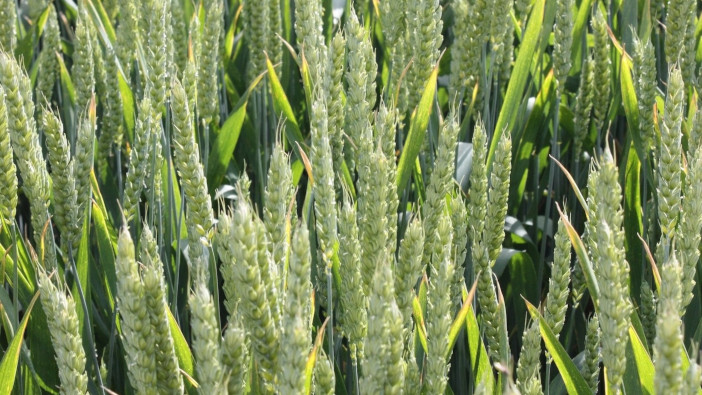RAGT is celebrating the release of the AHDB Recommended List for 2025/26, with two new wheat varieties gaining full approval.
The first is RGT Goldfinch, said to be the first high quality breadmaking wheat to have resistance to barley yellow dwarf virus (BYDV) and orange wheat blossom midge.
It is the latest Group 2 variety to come from RAGT’s Genserus breeding programme, which provides season-long protection against BYDV.
“Using genetics rather than insecticide to prevent BYDV infection greatly simplifies crop management,” says RAGT’s arable technical manager Andrew Creasy.
“It removes the need to monitor and control aphid vectors for less than the cost of buying and applying a single pyrethroid spray, which is good news economically and environmentally.”
According to the company, the additional resistance to orange wheat blossom midge means RGT Goldfinch growers can apply with confidence for the £45/ha payment under SFI for growing an arable crop without insecticide.
“The variety has good protein content and an excellent and resilient Hagberg score, which, along with encouraging results in provisional milling and baking tests, underlines its potential as a breadmaking wheat,” says Andrew.
RGT Goldfinch also scored highly for foliar disease resistance, with an 8 for mildew, 9 for both yellow and brown rusts, and 7 for septoria.
For establishment, it prefers well-bodied land and can be sown from early September until the end of November. “Overall, RGT Goldfinch is a robust wheat that will withstand disease and pest pressure better than most,” says Andrew. “It can be relied upon to deliver high quality grain.”
 RGT Hexton
RGT Hexton
The Group 4 soft wheat RGT Hexton was the highest yielding variety of its kind approved for distilling, with a UK yield of 105, increasing to 111 in the north.
“RGT Hexton’s output has been consistent wherever it is grown,” says Andrew. “It produces the goods as a first or second wheat on light or heavy land and can be sown from the last week of September onwards.
“Growers don’t have to worry about pushing harvest back too much, as it is a medium-maturing type with short stiff straw and a decent specific weight, providing useful insurance if harvest is delayed.”
It scored a 7 against septoria and yellow rust, with a 6 for mildew and 5 for brown rust. It is also resistant to orange wheat blossom midge, helping growers to reduce insecticide use.
“We think RGT Hexton will have widespread appeal across the UK,” says Andrew. “The variety has no Achilles heel, and the combination of an exceptional yield and suitability for distilling makes it even more attractive for growers in the north.”
For more information go to www.ragt.uk


